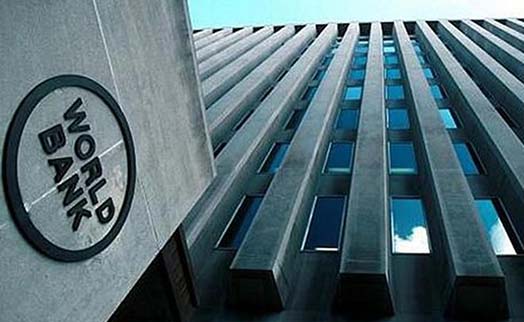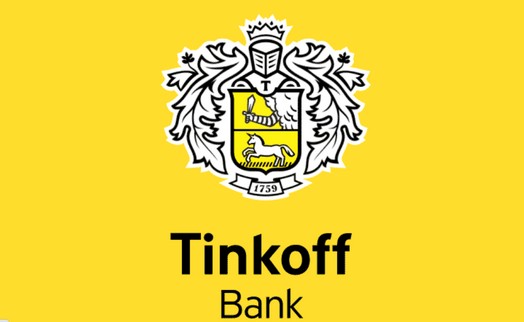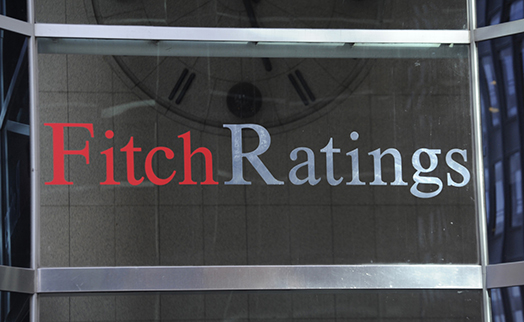05.09.2022 12:13

YEREVAN, September 5, /ARKA/.Fitch Ratings has affirmed Armenia's Long-Term Foreign-Currency Issuer Default Rating (IDR) at 'B+' with a Stable Outlook.
Credit Fundamentals: Armenia's 'B+' IDRs reflect strong per-capita income, governance and business environment indicators relative to peers, as well as a robust macroeconomic and fiscal policy framework and credible commitment to reform, underpinned by IMF support. Set against these strengths are a high share of foreign-currency denominated public debt, relatively weak external finances, and geopolitical risks.
Positive Economic Spillovers from Ukraine Conflict: The Ukraine conflict and sanctions on Russia have triggered a substantial migration of Russian, Ukrainian and Belarusian citizens to Armenia since March, with visitor numbers rising 515% yoy in 1H22. This is further supported by a 200% yoy increase in money transfers from Russia to Armenia in 1H22. A large proportion of the migrants are believed to be highly educated professionals, particularly from the information and communications technology sector. These trends helped boost growth 13% yoy in 2Q22 (1Q22: 8.7% yoy) and should provide momentum in 2H22. Fitch has upped its real GDP growth projections for 2022 to 6.4% as remittances boost personal consumption, and export performance (particularly to Russia) holds up. Fitch expects growth will average 4.7% in 2023-24.
Geopolitical Risks: Armenia maintains a cautious approach to managing relations with the US, UK and EU with regards to sanctions on Russia. While authorities are committed to de-risking the banking sector to avoid sanction violations, trade relations with Russia remain sizeable. As of June 2022, Russia accounted for 31% of Armenia's exports and 36% of imports, and an estimated 40% of FDI. Russia was the source of 32% of money transfers (including remittances) before the Ukraine conflict started. Armenia is also exceptionally dependent on Russia for its energy supply, and since the start of the Ukraine conflict, has started making payments for Russian natural gas imports in roubles. There is little sign that diversification of export markets is likely to occur in the short to medium term.
Relations with Azerbaijan have worsened in recent months, with military engagement between the two countries in Nagorno-Karabakh in August resulting in casualties on both sides, and further reported territorial gains by Azerbaijan. Tensions are expected to remain high in the short term as Azerbaijan has begun resettling formerly expelled residents of Nagorno Karabakh in the region, although Fitch does not presently expect this will have broader macroeconomic implications.
Overheating Risks: The large influx of migrants and resultant boost to demand added to inflationary pressures, with consumer price growth reaching an 11-year high of 10.3% in June, well outside the Central Bank of Armenia's (CBA) 4% (+/- 1.5pp) target. Property rentals, driven by rising demand from expatriates, rose by 23.4% yoy in June and will pose upside risks to inflation. The strength of the dram, which appreciated 16% against the US dollar in February-July, acts as a restraint on price growth to some extent, given the very high dependence on food imports. Retail energy price pressures are more limited, given that Armenia has locked in natural gas supplies from Russia at 2021 prices. The CBA has raised rates by a cumulative 175bp in 2022 to 9.5% as of August, and is expected to reduce rates only gradually, to 8.5% by end-2023. While the inflation targeting regime is broadly credible, the high level of dollarisation (42% of banking sector deposits and 39% of loans to residents as of July 2022) impedes the transmission mechanism of monetary policy to some extent.
Reduced External Liquidity Risks: The large increase in money transfers and other remittances, and the drawdown of the final USD35 million tranche of a USD415 million IMF Stand-By Agreement Facility in 1H22 boosted FX reserves to a 20-year high of USD3.5 billion as of July (representing an 11.4% increase since February 2022). However, Fitch expects the trend to level off in the context of historically large current account deficits (CAD; annual average of 5.3% of GDP in 2012-21). Fitch projects the CAD to reach 4.8% of GDP in 2022 and average 6.2% in 2022-23 (current 'B' median: 4.1%). The net external debt levels of Armenia, at a projected average of 46.4% in 2022-24, will remain well above the current 'B' median of 25.5%.
Solid External Creditor Support: Armenia benefits from strong support and technical assistance from a range of multilateral and bilateral creditors. As of end-1H22, 48% of general government debt was owed to official lenders. Authorities intend to rely on a pipeline of concessional borrowing to build up cash buffers in 2022-24. These include the World Bank, Asian Development Bank, and the French Development Agency, which will keep borrowing costs low and reduce liquidity risks.
Fiscal Overperformance Likely in 2022: Tax revenue overperformance owing to strong nominal growth in 1H22, as well as capex under-execution will help reduce the fiscal deficit from 4.6% of GDP in 2021 to 3.1% in 2022 (below the pre-pandemic five-year average of 3.5%). A strong dram reduces debt servicing costs and is net positive for the budget. Fitch forecasts the fiscal deficit to further fall to 2.6% in 2023 and 2.3% in 2024, outperforming the 'B' median of 4.4%. We anticipate that authorities will remain committed to returning to adherence to fiscal rules in 2022, following the activation of the escape clause for 2020 and 2021.
High FX Debt: Exposure to exchange rate volatility is the key risk to debt dynamics in the medium term, given that 64.7% of gross general government debt (GGGD) was foreign-currency denominated at end-June (current 'B' median: 63.4%). Fitch projects the substantial appreciation of the dram vs the US dollar in 2022 and strong nominal GDP growth will reduce GGGD/GDP by nearly 10pp to 50.5%, but that subsequent depreciation could lift it back to around 54% in 2023-24.
ESG - Governance: Armenia has an ESG Relevance Score (RS) of '5' Political Stability and Rights, and '5[+]' for the Rule of Law, Institutional and Regulatory Quality and Control of Corruption. These scores reflect the high weight that the World Bank Governance Indicators (WBGI) have in our proprietary Sovereign Rating Model. Armenia has a medium WBGI ranking at the 49th percentile reflecting a recent record of peaceful political transitions, a moderate level of rights for participation in the political process, moderate institutional capacity, established rule of law and a moderate level of corruption.
RATING SENSITIVITIES
Factors that could, individually or collectively, lead to negative rating action/downgrade:
- External Finances: A worsening of external imbalances or emergence of external financing pressures leading to a sharp fall in reserves and/or a rise in the external interest burden.
- Public Finances: Fiscal deterioration that results in financing difficulties and/or a sustained increase in general government debt/GDP over the medium term.
- Macro: A severe macroeconomic shock, related to spillovers from Russia or renewed hostilities in Nagorno-Karabakh, which greatly undermines growth and financial stability.
Factors that could, individually or collectively, lead to positive rating action/upgrade:
- Public Finances: Improved confidence in general government debt/GDP returning to a firm downward path over the medium term.
- External Finances: A sustained improvement in external indicators; for example, a fall in net external debt levels to closer to the 'BB' median, supported by improved current account balance and FDI inflows.
- Structural: A marked and durable reduction in geopolitical risks. -0-
Read the news first and discuss them in our Telegram
Tags:































